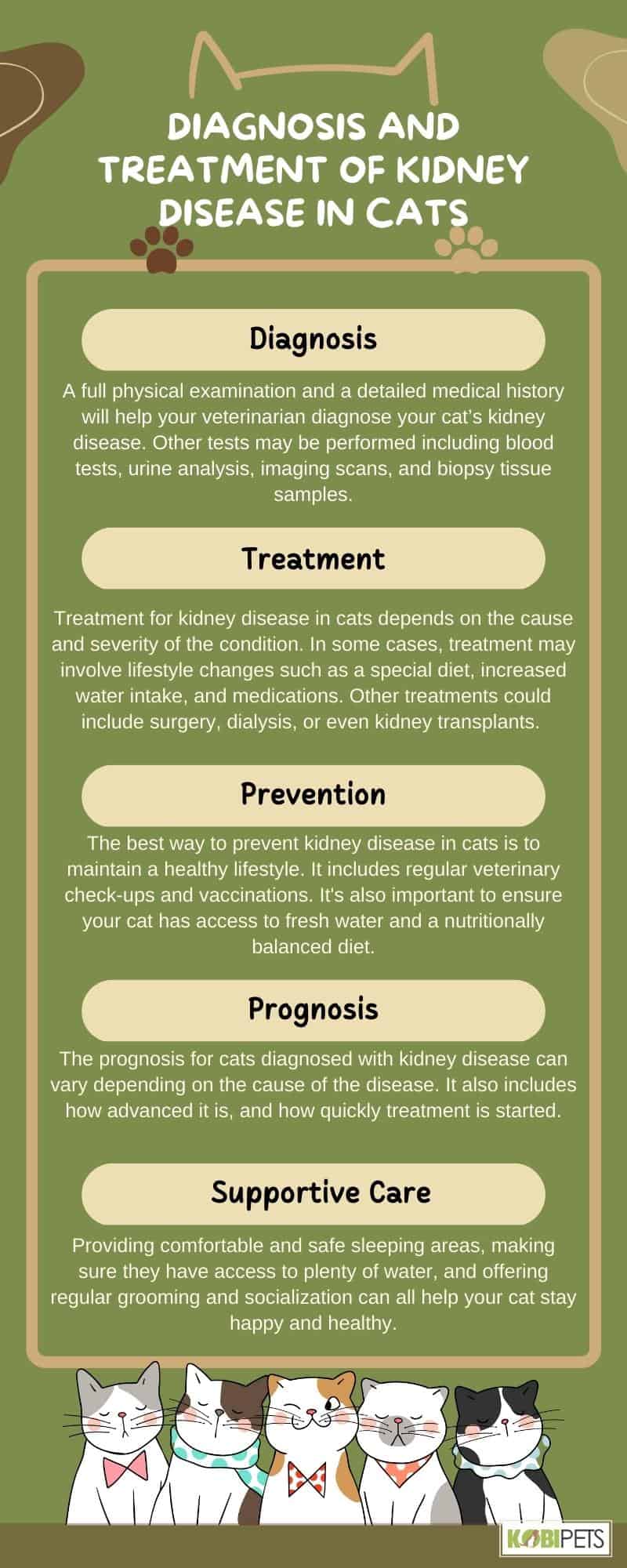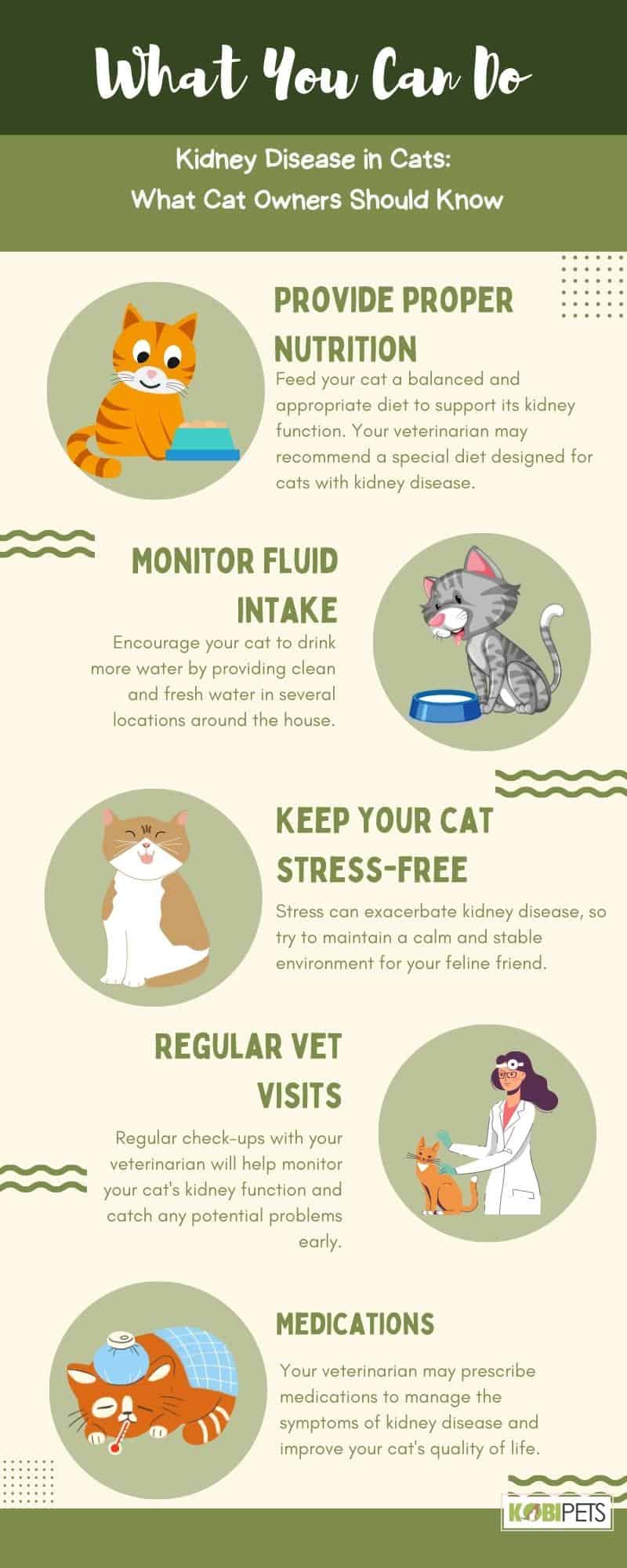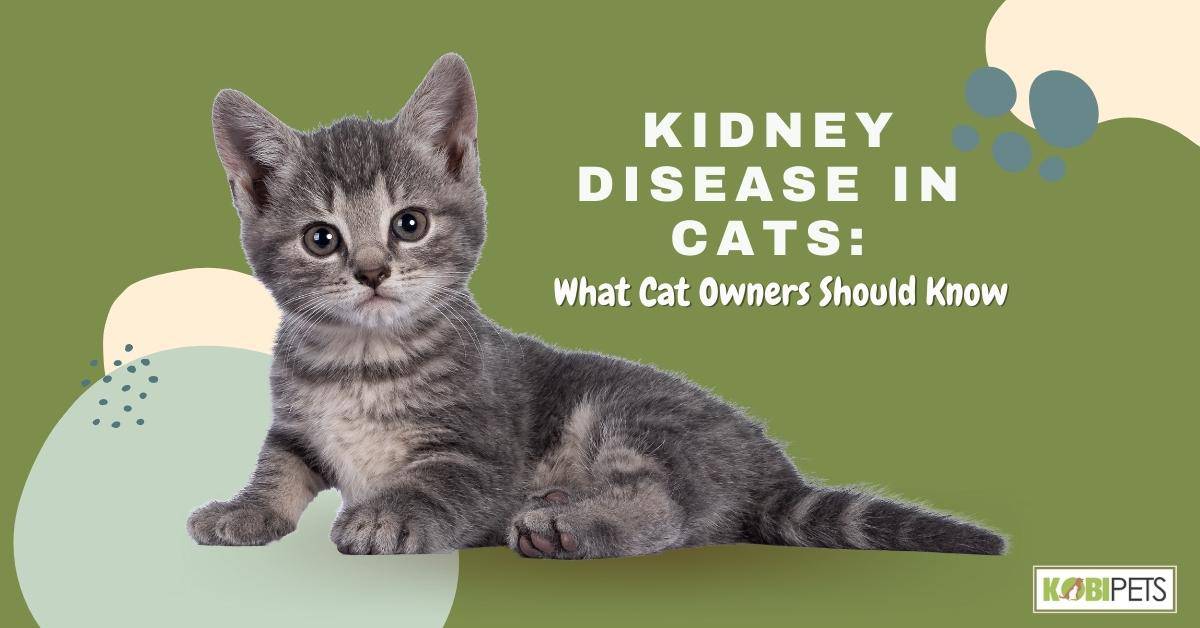
Kidney disease in cats is a severe yet common health issue that affects aging and senior felines. Kidney disease can often go undetected or ignored until it has progressed to the point of chronic kidney failure.
Kidney disease in cats can be a serious and potentially life-threatening condition, so it is important for cat owners to be aware of the signs and symptoms that may indicate a problem. If your cat is exhibiting any of these symptoms or has an unexplained change in appetite, behavior, or activity level, it’s important to see your veterinarian right away. Your vet will be able to diagnose the problem, develop a treatment plan, and help your cat live a longer and healthier life.
In order to gain more insight into how you can detect and manage your cat’s kidney disease, you must understand what this disease entails.
What is Kidney Disease in Cats?
Kidney disease in cats, also known as chronic kidney disease (CKD), is a progressive condition that occurs when the kidneys lose the ability to function properly. The kidneys are responsible for filtering waste products from the blood, regulating electrolyte balance, and maintaining overall fluid balance in the body.
When the kidneys are damaged or lose function, these important functions are compromised, leading to a variety of health problems.
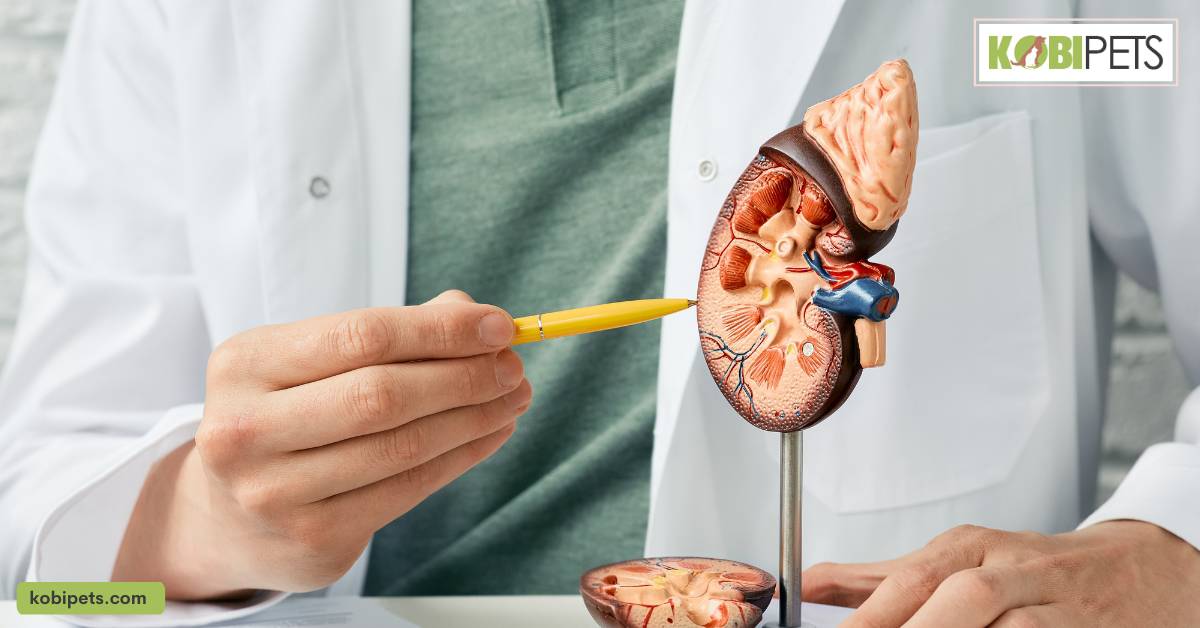
Symptoms of Kidney Disease in Cats
Cats with chronic kidney disease (CKD) can experience a range of symptoms, including increased thirst and urination, intermittent vomiting, dehydration, sores in the mouth, foul breath, and weight loss. In more advanced stages of CKD, cats may also show signs of weakness and indifference as well as dull and sunken eyes. Other common symptoms include:
- hypertension (high blood pressure)
- poor coat condition
- anemia (low red blood cell count)
- bad-smelling breath (halitosis)
- diarrhea (which may contain blood) vomiting.
It is important to be aware of these symptoms so that you can seek veterinary care for your cat if necessary. Early detection and treatment are key to helping your cat manage their CKD.
Your vet will be able to provide advice on how to best care for your cat at home and monitor their condition over time.
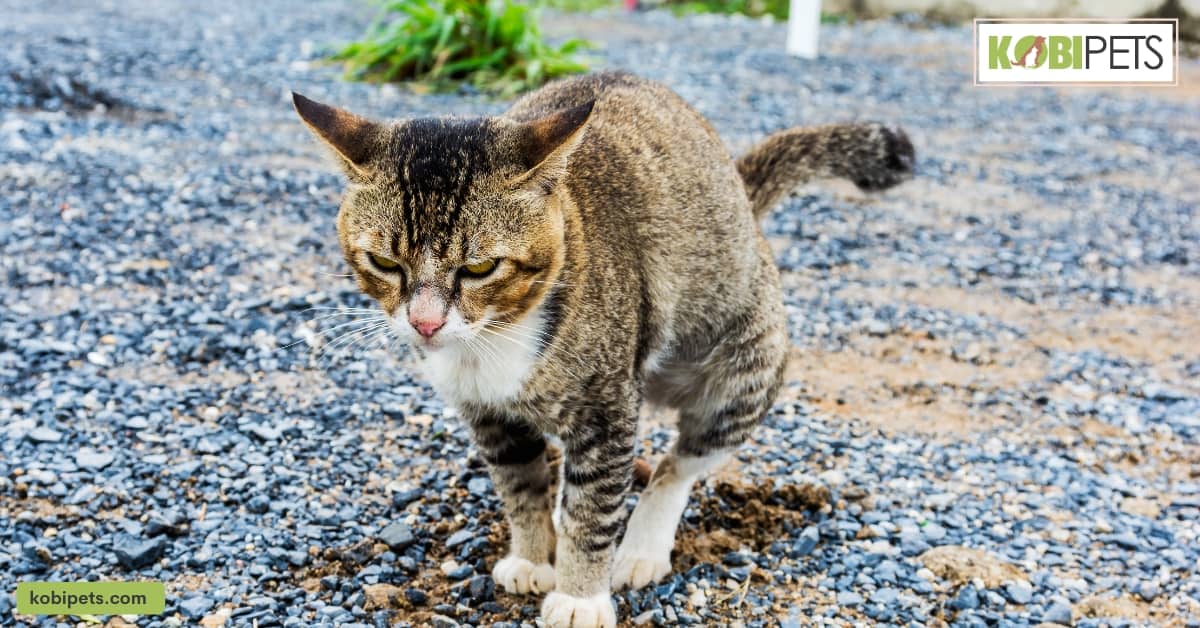
Causes of Kidney Disease in Cats
Kidney disease in cats is a common condition that can be caused by a variety of factors. The most common cause of kidney disease in cats is CKD. This disease occurs when the kidneys are unable to adequately filter waste products from the blood, leading to an accumulation of toxins in the bloodstream.
Other causes of kidney disease in cats include the following:
- infection or inflammation of the kidneys (pyelonephritis)
- cancerous tumors on the kidneys
- blockages in the urinary tract
- ingestion of toxic substances
- genetic predisposition
- poor diet
- exposure to toxins
It is important for cat owners to be aware of the signs and symptoms associated with kidney disease so they can seek prompt veterinary care if their cat shows any signs of illness.
Early diagnosis and treatment are essential for managing this condition and improving the quality of life for affected cats. Treatment options may include dietary changes, medications to reduce inflammation or control infections, fluid therapy to help flush out toxins from the body, and other supportive care measures.

Diagnosis and Treatment of Kidney Disease in Cats
Kidney diseases are a common health concern among cats and can have serious consequences if left untreated. The kidneys play a crucial role in the cat’s body, removing toxins and waste products from the blood, producing hormones to regulate blood pressure, and maintaining proper hydration levels.
Kidney dysfunction can be challenging to diagnose as many symptoms can be vague and non-specific. The following are the diagnosis, treatment, prevention, prognosis, and supportive care.
1. Diagnosis
A full physical examination and a detailed medical history will help your veterinarian diagnose your cat’s kidney disease. Other tests may be performed including blood tests, urine analysis, imaging scans, and biopsy tissue samples.
2. Treatment
Treatment for kidney disease in cats depends on the cause and severity of the condition. In some cases, treatment may involve lifestyle changes such as a special diet, increased water intake, and medications. Other treatments could include surgery, dialysis, or even kidney transplants. Your veterinarian will create a personalized plan to manage your cat’s symptoms and improve their quality of life.

3. Prevention
The best way to prevent kidney disease in cats is to maintain a healthy lifestyle. It includes regular veterinary check-ups and vaccinations. It’s also important to ensure your cat has access to fresh water and a nutritionally balanced diet.
Adequate exercise and mental stimulation. Additionally, it’s essential to avoid flea and tick infestations. It includes any contact with other animals that may be infected with feline illnesses.
4. Prognosis
The prognosis for cats diagnosed with kidney disease can vary depending on the cause of the disease. It also includes how advanced it is, and how quickly treatment is started.
In many cases, early diagnosis and treatment can help improve your cat’s quality of life. It is important to understand that kidney disease is typically a chronic condition that requires ongoing management.

5. Supportive Care
In addition to medical treatments, there are several things you can do at home to support your cat’s health throughout the course of its illness. Providing comfortable and safe sleeping areas, making sure they have access to plenty of water, and offering regular grooming and socialization can all help your cat stay happy and healthy. Additionally, keeping stress levels low by avoiding loud noises or sudden changes in their environment is important for cats suffering from kidney disease.
What You Can Do
Kidney disease is a common and potentially serious condition in cats. As a cat owner, there are several things you can do to help your feline friend if they have been diagnosed with kidney disease:
- Provide proper nutrition: Feed your cat a balanced and appropriate diet to support its kidney function. Your veterinarian may recommend a special diet designed for cats with kidney disease.
- Monitor fluid intake: Encourage your cat to drink more water by providing clean and fresh water in several locations around the house. Your vet may also recommend a low-protein diet and subcutaneous fluids to help flush waste from your cat’s kidneys.
- Keep your cat stress-free: Stress can exacerbate kidney disease, so try to maintain a calm and stable environment for your feline friend.
- Regular vet visits: Regular check-ups with your veterinarian will help monitor your cat’s kidney function and catch any potential problems early.
- Medications: Your veterinarian may prescribe medications to manage the symptoms of kidney disease and improve your cat’s quality of life.
It is important to be proactive about monitoring your cat’s health and seeking veterinary care if you suspect it may have kidney disease. Early detection and treatment can help improve your cat’s prognosis and extend its lifespan.
In conclusion
Kidney disease in cats is a complex and often serious condition. It can be difficult to diagnose and treat. With the help of your veterinarian, it is possible to provide comfort and extend your cat’s life.
Pet owners should understand the signs of kidney disease and the importance of proper nutrition and hydration. In doing so, they can improve their pet’s health while simultaneously providing them with the highest quality of life.
